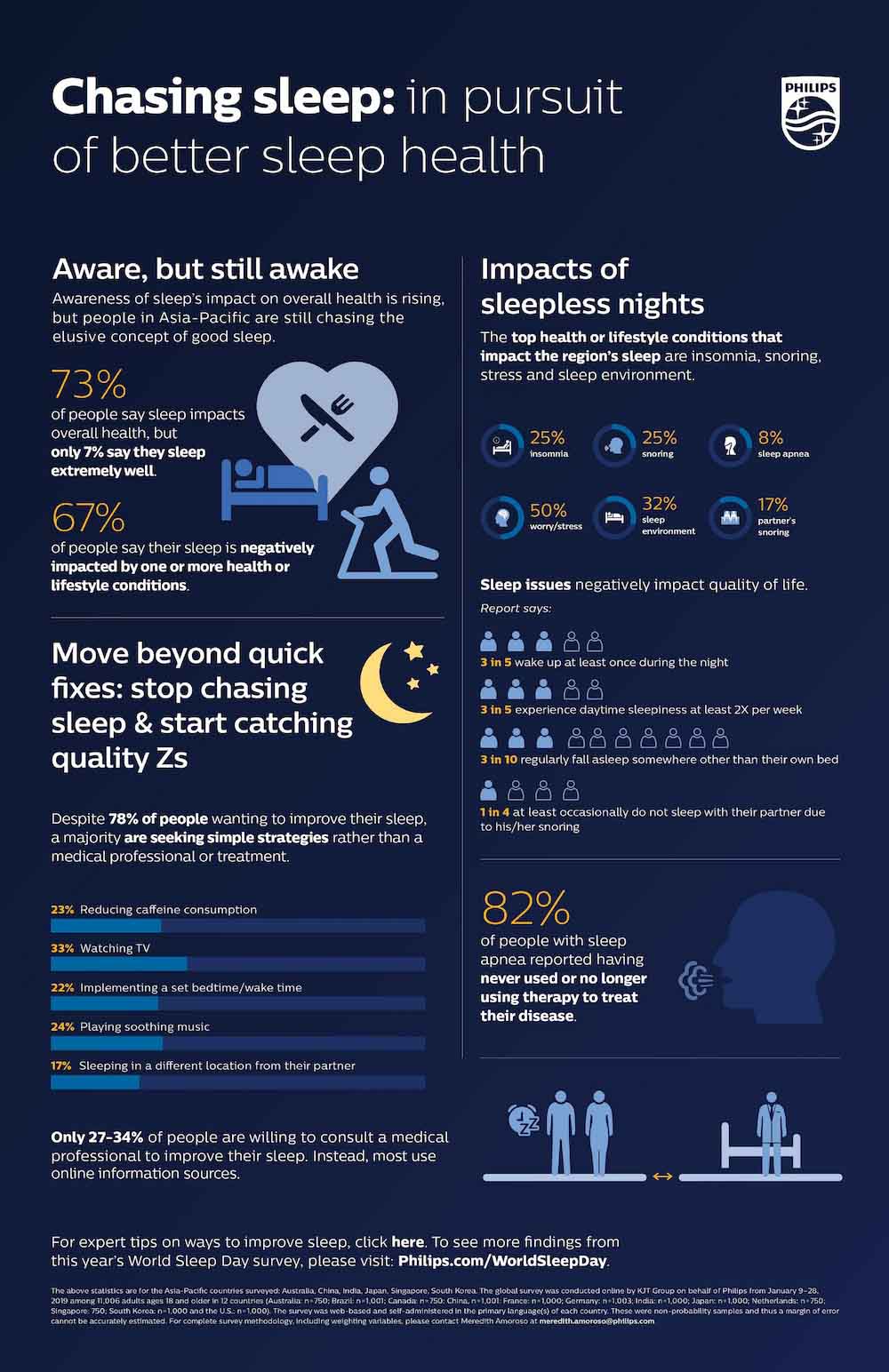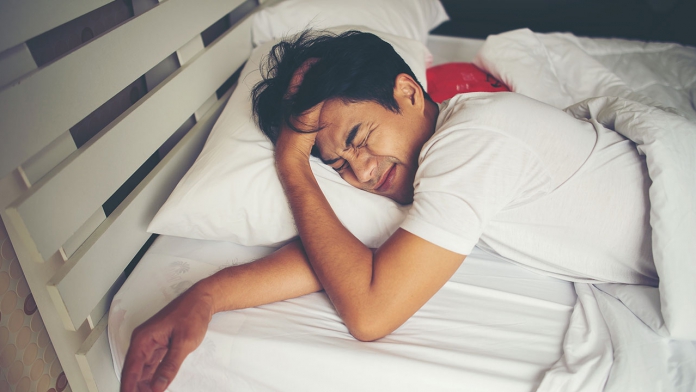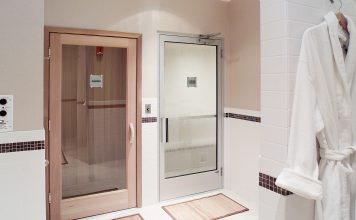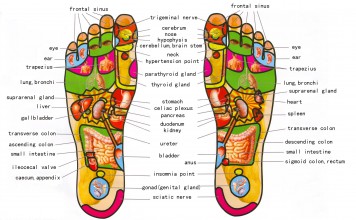According to Philips global sleep survey, people around the world are making do with less sleep each night, with some getting as little as 6.3 hours of sleep on weekdays and 6.6 on weekends, significantly lower than the daily recommended 8 hours.
It’s worrying that people in some parts of the Asia Pacific are among the world’s poorest sleepers. In Malaysia, with as many as 9 out of 10 Malaysians suffering from one or more sleep disorders in their lifetime.

Having known that sleep is a key pillar of good overall health, as equally important as having a healthy diet and getting regular exercise, the lack of quality sleep may not only induce low productivity and daytime sleepiness but also pose serious health issues if not addressed. Those who suffer from prolonged poor sleep should consult their doctor to identify contributing factors and determine if they or their partner are at risk of underlying health issues such as obstructive sleep apnoea.
As a seldom-discussed, under-diagnosed condition, obstructive sleep apnoea (OSA) is characterized by repeated interruptions in breathing throughout the sleep cycle and prevents oxygen from reaching the lungs. Symptoms of OSA include choking or gasping for air during sleep, loud and persistent snoring and excessive daytime fatigue and poor concentration during the day. If left untreated, sleep apnoea can lead to serious short and long-term health risks including heart disease, type 2 diabetes, stroke, and high blood pressure.
Take this quiz to assess your risk of obstructive sleep apnoea (OSA): https://www.securehealth.philips.com/LP=7057
For ways to improve sleep, click here.









